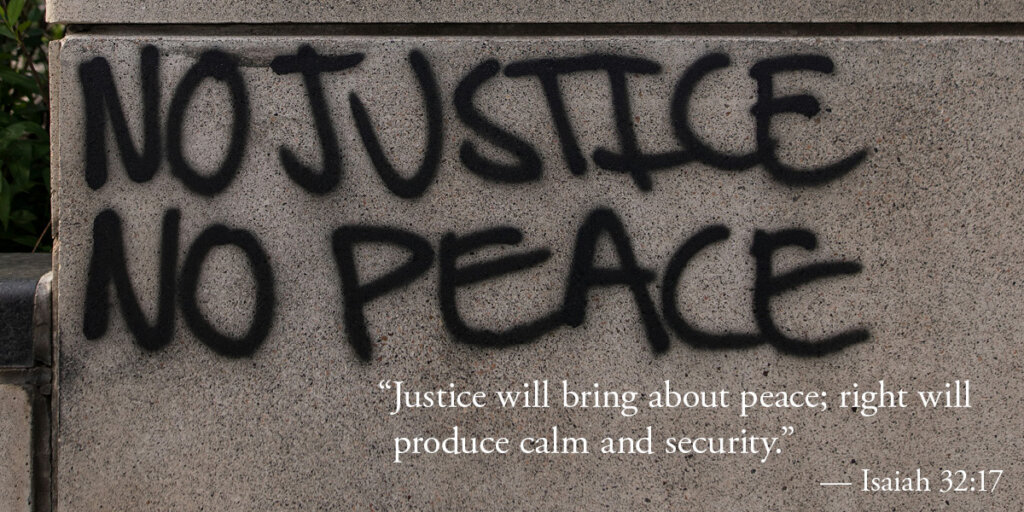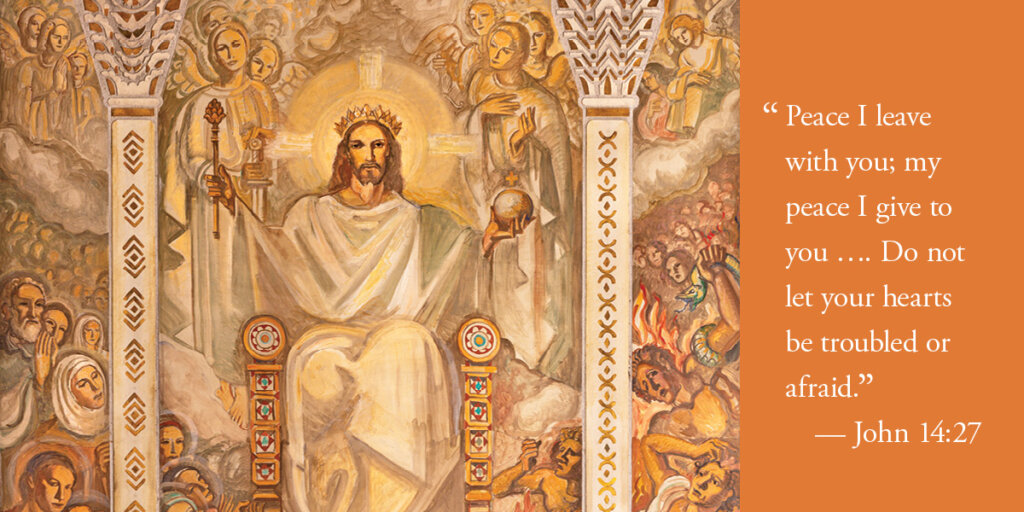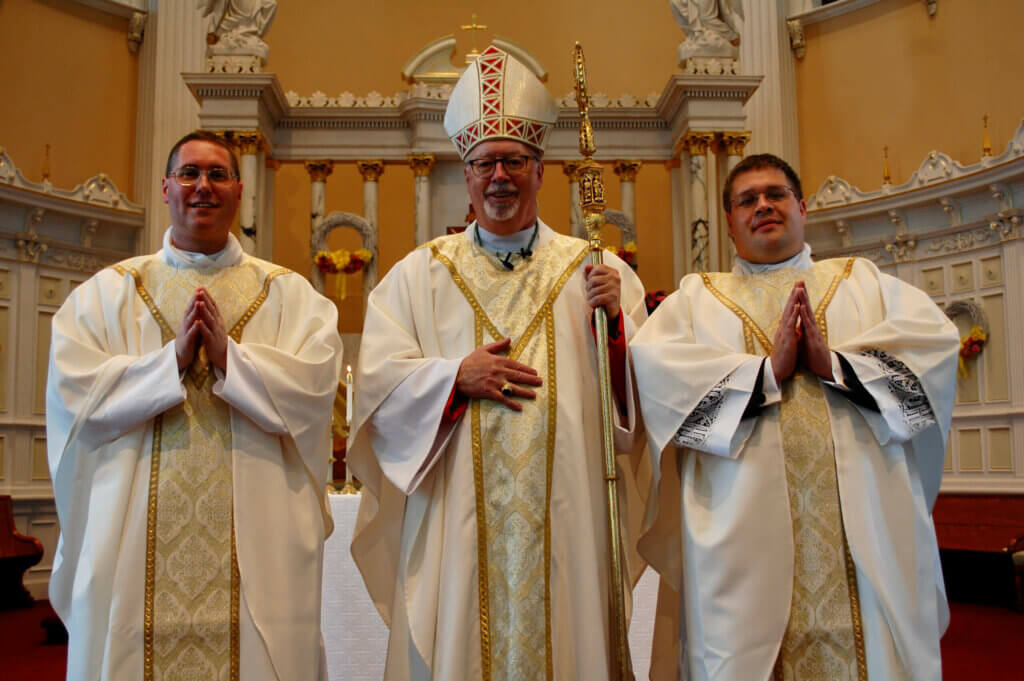
Vocation
Above all else, the diaconate is a calling from God. It is not a ministry that one enters into for a period of time, but a permanent vocation. It requires careful and prayerful discernment on the part of the applicant considering the diaconate, as well as on the part of the Church. It requires sacrifice on the part of the deacon and his family. Hence, it can only be entered into with the support of the family. Both the formation period and the ministry itself require time. And, it requires a Vow from the candidate not to marry again if already married, should his wife die before he does. Of course, a married deacon continues in the married state until the death of his wife.
Priorities
The first and foremost priority for a deacon, as for everyone, is to love and to serve God above all else. Since most deacons are already married prior to entering formation, a healthy and stable marriage is essential. Marriage is our primary vocation in life and falls in line immediately behind our duties toward God. If you have children, they are part of your commitment to marriage. In order to fulfill your family obligations and to maintain economic security, your secular employment is your third priority. Finally, with those other priorities getting proper attention, your ministry as a deacon becomes a fourth priority. Juggling those priorities takes some careful attention on the part of the deacon, and the support and understanding of your wife and other family members. The deacon serves at the direction of the bishop. He may be assigned to his existing parish or to a nearby parish. Assignments are made in order to meet the needs of the Church.
Diaconate Ministry
The deacon is called to minister in three specific areas:
- Ministry of the Word
- Ministry of Sacrament
- Ministry of Charity
An Overview of the Life and Ministry of the Deacon
Diaconate Formation Program
The Diaconate Formation Program of the Diocese of Burlington is designed to comply with the Standards set forth in the National Directory for the Formation, Ministry and Life of Permanent Deacons in the United States published by the United States Conference of Catholic Bishops.
Requirements for Admission to Formation
Applicants for admission to the Diaconate Formation must:
- Be men of good reputation with a genuine commitment to serve God and God’s people, the Church.
- Be mature men, married or celibate. They will need to be between the ages of 35-65 years old at the time of ordination.
- Have completed the Lay Ministry Formation program offered by the Diocese of Burlington.
- Be prepared to take a vow of celibacy. If an applicant is married the marriage must be a stable one, typically of at least five (5) years duration. If ordained, the deacon must agree to remain celibate should his wife pre-decease him. If celibate, the applicant must realize that once ordained, he will need to remain celibate.
- Have appropriate social skills and the intellectual ability to handle the program of study.
- Have significant experience in ministry within his own parish.
- Be able to commit to a serious program of study and significant ministry after ordination.
Details of Formation
The total time for the program is five (5) years, of which the first two (2) years are spent in Lay Ministry Formation. The remaining three (3) years of the Diaconate Formation program involve four dimensions.
- Human Formation
- Spiritual Formation
- Pastoral Formation
- Intellectual (Academic) Formation
Diaconate Vocation and Ministry
In addition to the more structured formation dimensions, the applicant must continue to discern the presence of a genuine call from the Lord to continue in formation. The Church needs to continue to discern that call as well. For this reason, you will need to meet with a member of the Diaconate Board annually. The Director of the Permanent Diaconate and the members of the Diaconate Board are available to help you during your formation. In addition, a mentor couple will be chosen from within the Diaconate Community to provide on-going support to both the deacon aspirant and his wife during the formation period.
For more details, download the Permanent Diaconate Brochure.


